I’ve always been interested in becoming a nurse because I’ve considered it to be one of the most prestigious and professional positions that one can obtain in a relatively short period. I hadn’t considered that nurses could be considered anything but professionals. In fact many state boards of nursing list RN as “Registered Professional Nurse.” So why should I question their judgment?
Are Nurses Considered Professionals?
What makes someone a professional? What designates an entire career path or workforce as professional in nature?
If you Google “What does it mean to be a professional?” you’ll get this:
For some, being professional might mean dressing smartly at work, or doing a good job. For others, being professional means having advanced degrees or other certifications, framed and hung on the office wall. Professionalism encompasses all of these definitions. But, it also covers much more.
Are Nurses Medical Professionals?
The answer to whether nurses are considered medical professionals is difficult. They work in healthcare. Sometimes generally referred to as medicine. Typically speaking, the title of medical professional is reserved for a practicing physician or medical doctor. There may be some expectations to this standard, such as a physician’s assistant or similar.
It is safe to refer to a nurse as a healthcare professional, healthcare worker, or healthcare staff.
What are the Characteristics of a Professional Nurse?
Jane Holliday shared 15 characteristics of a professional nurse in the October 1961 edition of the Nursing Research journal.
Here are a few of my favorites:
- She is a nurse who, when taking care of me, has a gentleness and friendly feeling for me, her patient.
- I want her to look as though she is enjoying life.
- She is good at conversation.
- She is right there giving me confidence and support when I need her most.
Do you agree with these?
Are Nurses Healthcare Providers?
Registered nurses are not providers. In order to be considered a provider, you must independently bill for your services, typically to insurance companies or payees such as medicare. A good rule of thumb is to whether or not this professional has a National Provider Identification (NPI) number. A physician is a provider. A nurse practitioner is a provider. Even a hospital is a provider. Register nurses, or any nursing professional with a lesser degree, are not considered providers.
Learning About Professionalism in Nursing
Today was my first day of Nursing school. Well, it was the first day of my BSN nursing in school. I’m thrilled they have shortened the time it takes to achieve the BSN from 3 semesters to 2 and lightened the course load as well. I have 2 classes per semester required and only a small amount of clinical time to be completed in the spring. I should be fairly straight forward and the majority of it is online. (sweet!)
I have 3 classes total this semester: Health Assessment, Professional Practice Issues & Concepts, and Computers in Society. The first 2 are required for the degree, the last one was the shortest, easiest appearing, and most appropriate class I could take to have at least 6 credit hours to get financial aid. Financial aid is a must. Never again will I finance my education with VISA. Never!
I have an A.S.N (Associate of Science in Nursing or A.D.N Associate Degree Nurse). I went to this school because it was local, convenient, cost-effective, and has excellent NCLEX-RN success rates. I did not think of a difference between having an RN as an A.D.N or a B.S.N. But apparently, at least according to our teacher, the reason that nurses are not seen as professionals is because nursing’s entry-level is not a baccalaureate degree.
I beg to differ.
What Does Professionalism in Nursing Mean?
Professionalism is not about the letters behind your name, it is about the respect you have for your role in what you do. I also think that every LPN would disagree as well. According to hrsa.gov, as of 2008, 45.4% of Registered Nurses are Associate Degree prepared nurses. 20.4% have a diploma level degree, while only 34.2% are BSN prepared.
How can you attempt to eliminate nearly 65.8% of your workforce by making the standard entry-level of nurses to be a BSN? These figures don’t even take into account LPNs, of which the state of Georgia alone has over 34,947 with an active license.
It seems a little high and mighty to think that it is going to be the “entry-level” anytime in the near future. There is already an overwhelming need for instructors at all levels of nursing education. Making the minimum even more challenging to achieve is just going to increase the patient load and not make a significant impact at all on the salary one can expect.
Should Entry-Level Nurses Be Bachelor Prepared?
As much as I am all for the pursuit of higher education, I am burned by the fact that this nurse educator feels that the trend of the future, and the only way we can be considered professionals by the general population, is to make entry-level nursing a bachelor’s degree required profession. I believe there is room in the profession for all levels of nursing skill and education. However, I do also think that nurses should constantly be pursuing higher education.
Even before I became a nurse I had respect for the trade. I knew that what they did was different, important, and beneficial. I also knew that they were specifically trained and educated for the challenges they face. Perhaps I do not understand what is meant to be “a professional” or “professional”. However, I firmly believe that no matter what you do, as long as you do it well, respect your coworkers, your customers, your boss, your team, your employees, and maintain the integrity that those are qualifications for merits being called professional.
Nursing Education Should Not Be an Ivory Tower
Teach is convinced we will see things differently by the end of the course. I hope she is wrong. There are already too many nurses who are high and mighty. There are too many nurses who want to point fingers of blame, shame, and self-righteousness without having the backbone to pursue the issues any further than that.
The fact of the matter is that a nurse is a nurse is a nurse. So I’ll kindly take my LPN or A.D.N nurse with years of experience, professionalism, attention to detail, with care, and compassion over a new grad B.S.N with a holier than though attitude, or a N.P (Nurse Practitioner) who feels that these highly qualified, skilled, and competent nurses should be made to feel any less professional.
Your Degree Level Does Not Define Professionalism
I am a nurse. I am a professional. And for now, at least, I have an Associates Degree, and it does not make me any more or less of a nurse than any of my colleagues.
Download Nurse Bingo Today!
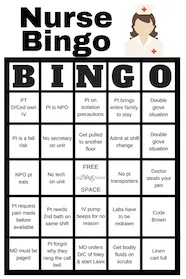
Liven up any shift with a fun game of bingo. See who can fill a row first!
Fill a whole card and lose grip with reality.
Your privacy is protected. We will never spam you.

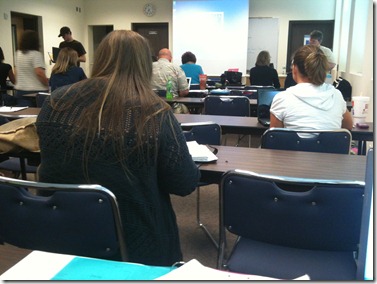

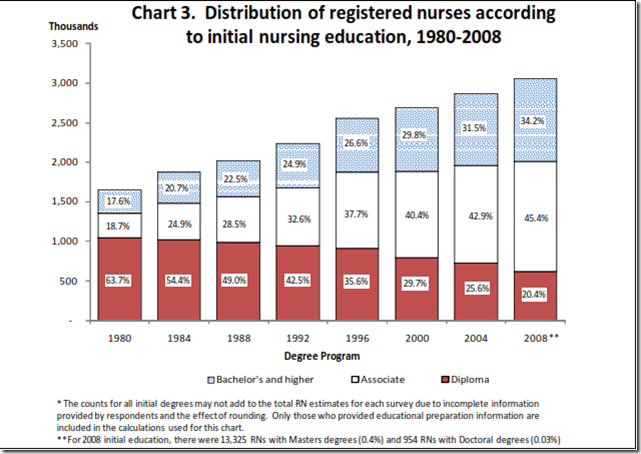
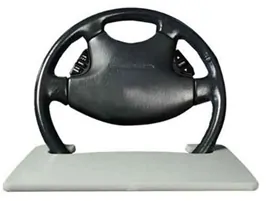
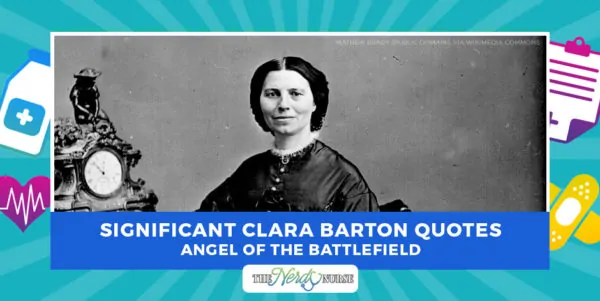
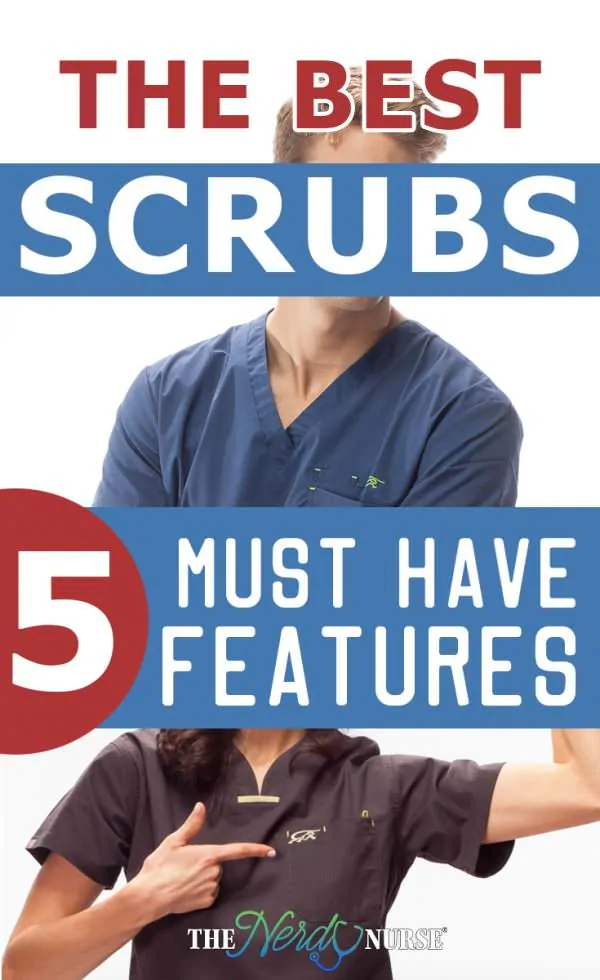
I must say, I think it is great that nurses are increasing their education, but taking this light load of courses, and doing things online? Wow, come on now! If you want to become more respected, nursing curriculums would not be made for retards to pass. Anybody can go to a CC, take some online coursework, and get done with most of their degree (many of which use basically the same questions through many CCs). Wow, after that point they only need to take intro to computers and a few extra courses to get a BSN. I hope these would not be candidates to be nurse anesthetists down the line. There is very little academic merit required in the field. Many of these educational programs are an abomination to nursing, there is no regulation. If regulation was like this in medicine, there would be high death rates all over the place.
I enjoyed reading your thoughts on this issue. However, I must respectfully say that in order to ask to be considered professional, we must merit it. There are numerous spelling and grammatical errors throughout your blog. As interesting as your blog is, these errors make you look very unintelligent. One glaring error is that the degree you are pursuing is a Bachelor’s Degree (baccalaureate), not a Bachelorette’s degree.
We cannot go on and on about receiving respect from other professions if they are snickering behind their hands at us because we do not possess basic literacy skills. We must first be educated professionals. Then no one will be able to deny our profession the respect it so richly deserves.
C.M.
Student Nurse
If intelligence were gauged on spelling and grammar alone then those with dyslexia and other learning disabilities must be downright dumb. Huh? This isn’t an APA paper here.
I appreciate you pointing out my errors. You could have done some more tastefully in my humble opinion, like privately through email, perhaps. Because stating I’m unintelligent because I have some grammatical and spelling errors is just disrespectful, and uncalled for.
This false elevation of the higher education system is hurting many professions. Paramedics, for example, are now required in some states to have the associate’s, with the four-year programs just setting up shop. The proliferation of MBAs, same phenomenon. What it comes down to is the degree system transitioning from being one measure of educational accomplishment to being virtually the only one that counts. This is not good.*
*For what it is worth, I’m not speaking as a resentful outsider (BA/MA/MA/EMT-P/MD).
First of all, congratulations on going back to school! It is awesome that you only have 2 semesters to go too!!!
Secondly, "a professional" in the TRUE sense of the word is someone who does what they do for compensation. There are professional bodybuilders who get paid by companies to promote thier products. Pro bowlers who get paid when they bowl, etc. The antonym of a profession is a hobby. SO…nursing IS a profession, regardless of what level the nurse is. However, I even have a problem with this definition of "professional." I am an EMT. I have worked for commercial ambulance companies but my passion is in volunteering. I am a member of a volunteer fire department that also runs ambulances and I have been doing it for almost 13 years. I get so annoyed when people tell me that just because I volunteer, I am not a professional. Hearing that made me look up the word "professional" just so I could fight back. What did I find? Ahhh…ANOTHER meaning of the word. "Having or showing great skill; expert: a professional repair job." At the risk of sounding hot-headed, I AM AN AMAZING EMT! I have and show great skill when I am doing my thing. So there you go. It doesn't matter if I don't get paid, it doesn't matter if the degree is an associates….if you do something with great skill, you are a professional.